Articles Menu

Sept. 6, 2021
During this pandemic, people crucial to the core functioning of our society masked-up, sanitized and risked their family’s health to do their jobs. Today The Tyee salutes all the workers who’ve kept us going.
I’ve had a front-row seat, as a photographer who often chronicles union members at their work sites. Presented here are some pictures of the everyday heroes I’ve met, people like barber Guy Quesnel. His grandfather, father and uncle were all barbers. Guy took over the business in 1995 and it’s provided him a solid livelihood and many warm relationships with his customers.
Then, in the early part of the pandemic, all personal service establishments, including barbers, were closed. “I assumed it would only last a couple of weeks,” Guy told me. “Maybe a month.” He thought that it might make for some time off. But as he learned, “It was no holiday!” Until restrictions were lifted, the shop was shut for 10 weeks.
Customers who’ve returned to sit for a haircut and bask in the memorabilia of the Vancouver Canucks and the New Westminster Salmonbellies that cover the walls of Elk’s Barber Shop may not be aware that this is now B.C.’s only unionized barbershop. Guy Quesnel has been a member of UFCW Local 1518 for 30 years.
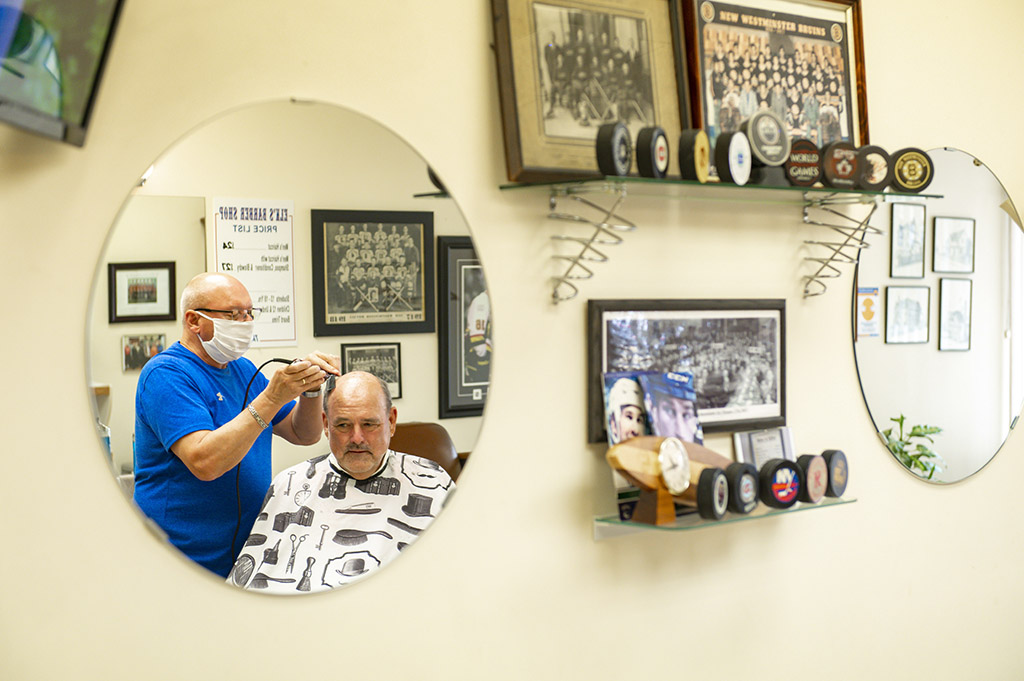
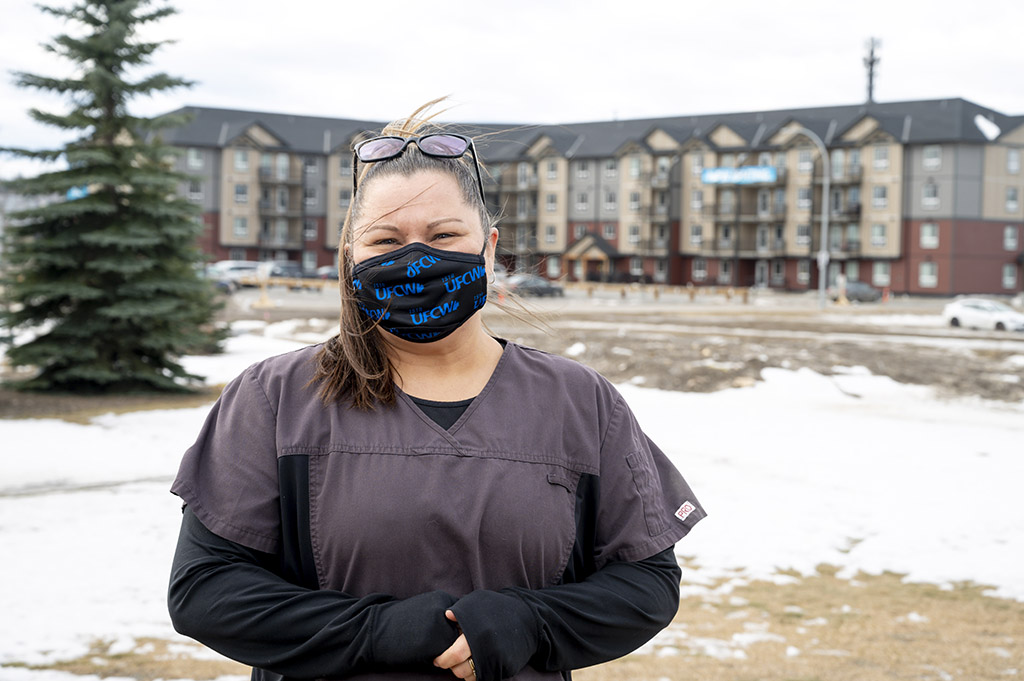
Labour Day — or International Workers’ Day as it is known as in most countries — is a time for unions to celebrate the achievements of the labour movement. The eight-hour workday, weekends, health and safety rights, gay and trans rights, collective bargaining rights, women’s rights, pensions, benefits… it’s a long and growing list. Unions, which have long served to reduce inequality and create pathways out of poverty, during COVID have been called upon to support their members in new and crucial ways.
And yet, despite the increasing rates of unionization during the pandemic, and despite a more worker-friendly NDP provincial government, the majority of workers do not have the protection of a union.
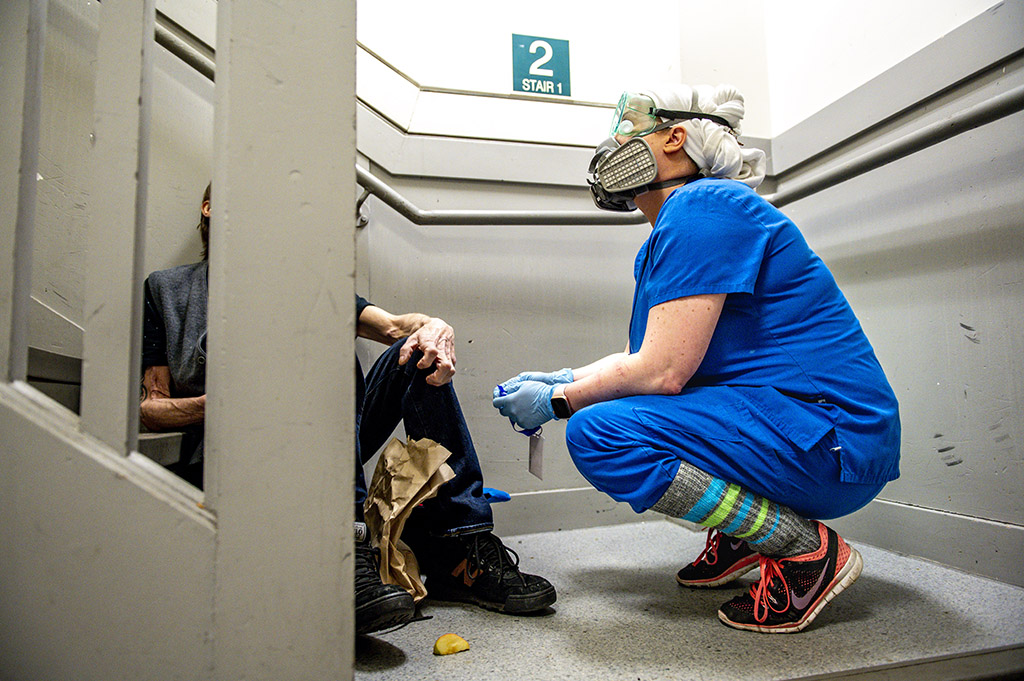
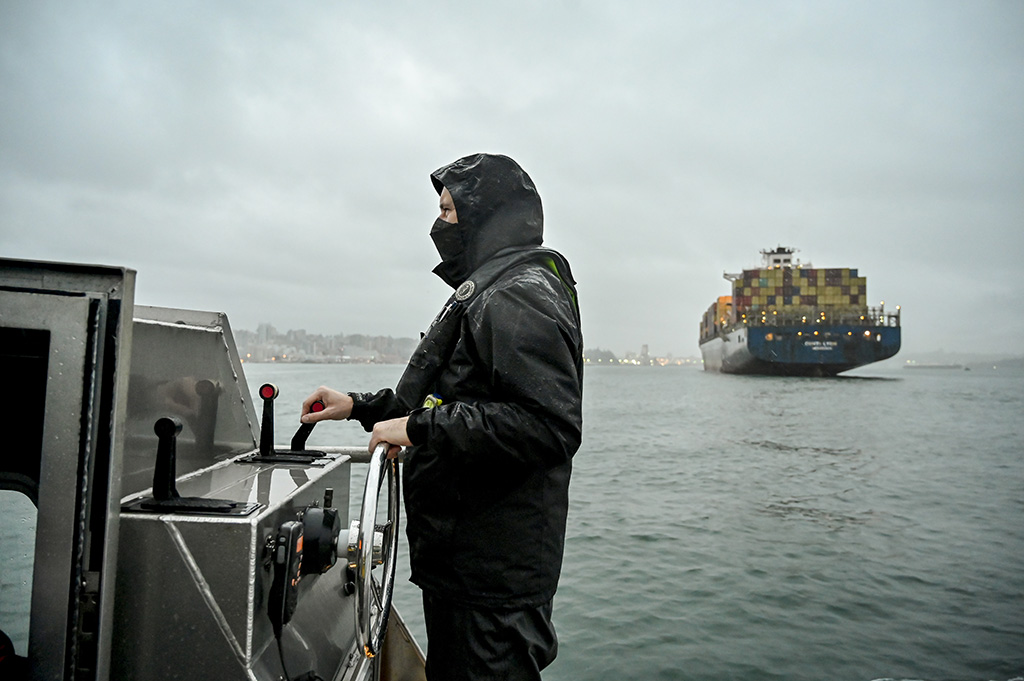
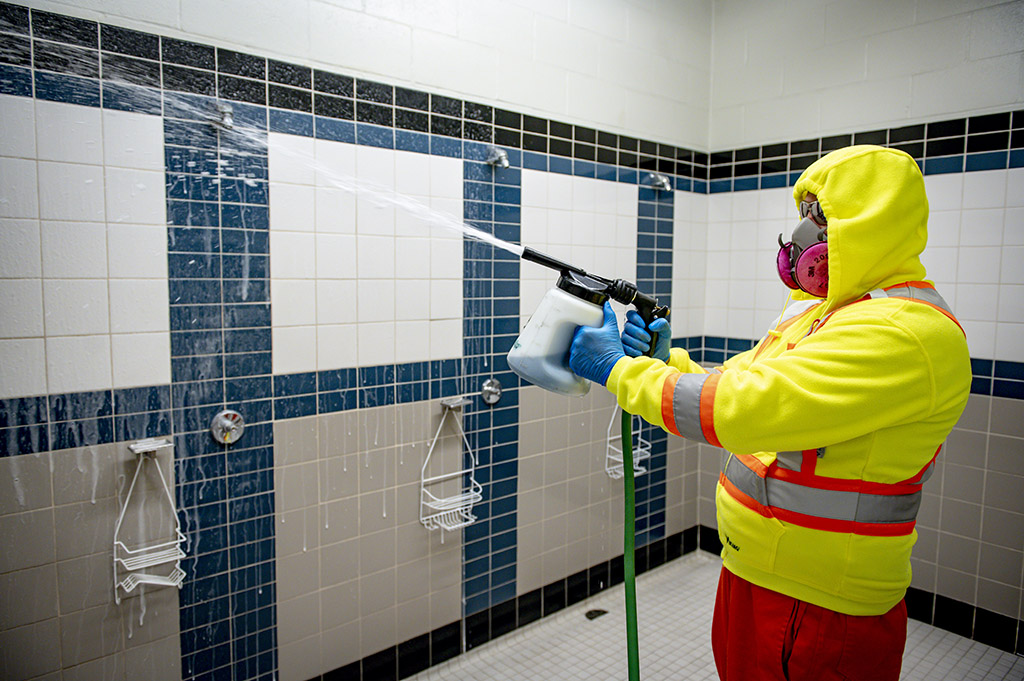
Organizing the unorganized is still a major priority for the union movement. As the great Canadian labour activist and politician J.S. Woodsworth famously said in rallying the movement, “What we desire for ourselves, we wish for all.” This rings especially true now as COVID exposes inequities. During this crisis, unionized workers have enjoyed a level of protection and security only dreamed of by their unorganized (non-union) siblings.
“Most of our 700,000 members have solid contract language that has protected their jobs during the pandemic” says Mark Hancock, national president of Canadian Union of Public Employees.
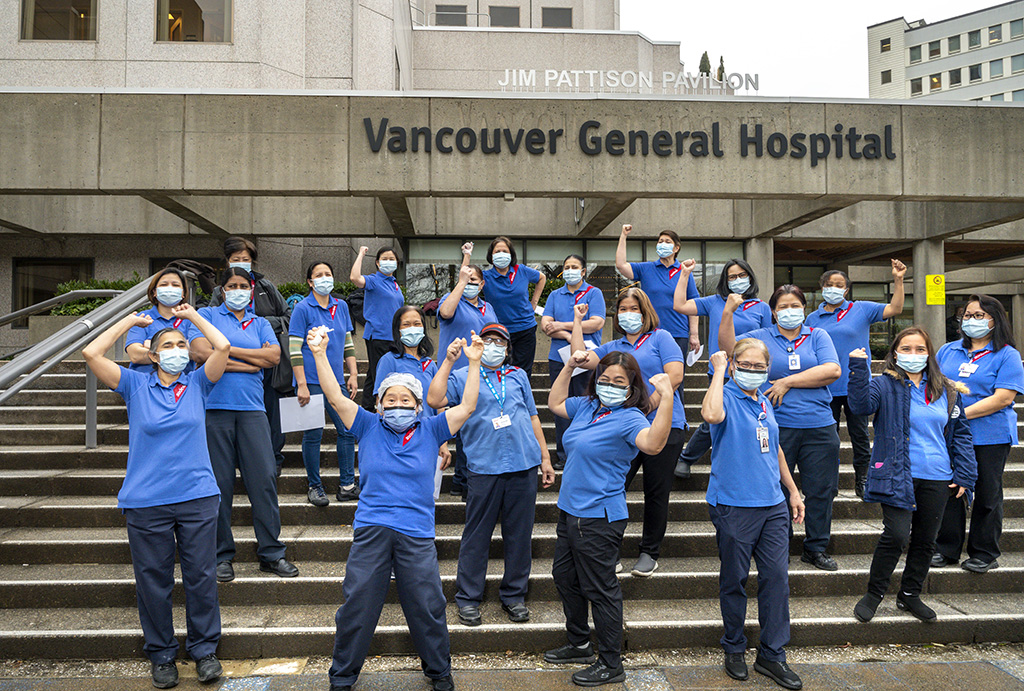
Good news: The provincial government is reversing an injustice done by the BC Liberal government in 2002 when it tore up contracts with public health workers, driving down their pay by laying off many and forcing them to be rehired into outsourced jobs. Health Minister Adrian Dix recently announced that some 4,000 such workers would be brought back in-house as public sector employees. Most are women, many are workers of colour. Today, they earn less than they did during the SARS epidemic 18 years ago. “This is a significant act of solidarity with a group of workers who’ve been pushed to the margins by two decades of privatization,” said HEU secretary-business manager Meena Brisard.
Bad news: Hilton Vancouver Metrotown fired 97 Unite Here Local 40 members and locked out the rest. “Women who clean rooms and serve guests are the backbone of the hotel industry. Hotel workers deserve the right to get their jobs back when business returns. Hilton Metrotown is proving itself to be on the wrong side of history,” said Burnaby Mayor Mike Hurley.
Today, although we celebrate the achievements of the labour movement, we also recognize that each gain has come at a huge cost and with an even larger struggle.
The ongoing push includes insuring support for workers when health measures close operations, or making sure the transition to work at home is fair and just. “The impact of the pandemic was felt across our entire union,” said David Black, president of MoveUP, which has more than 12,000 members at public and private sector companies.
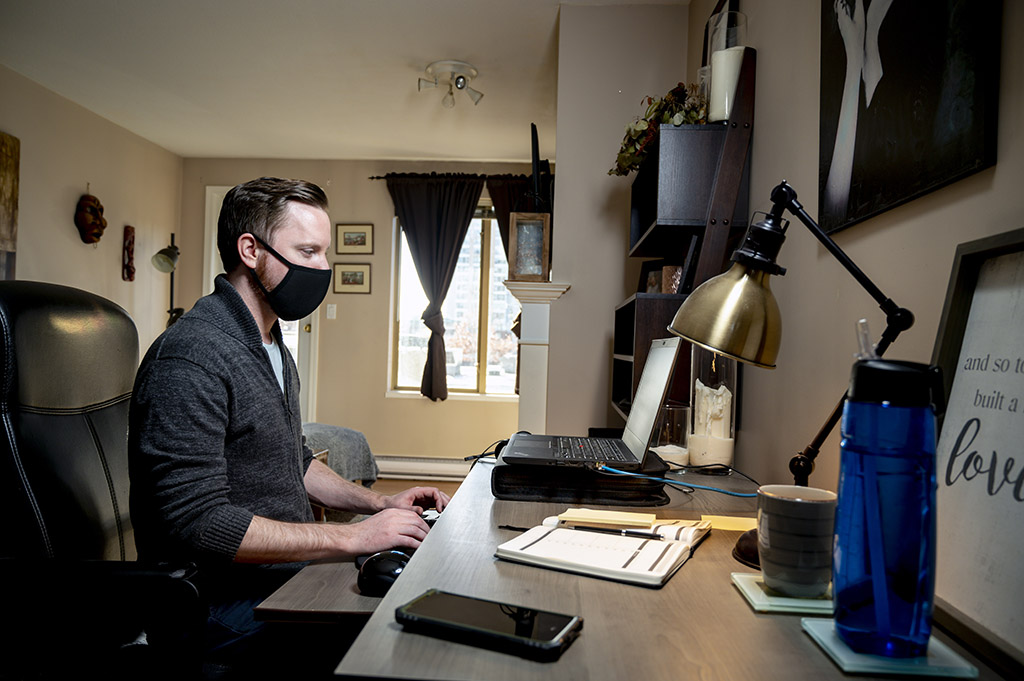
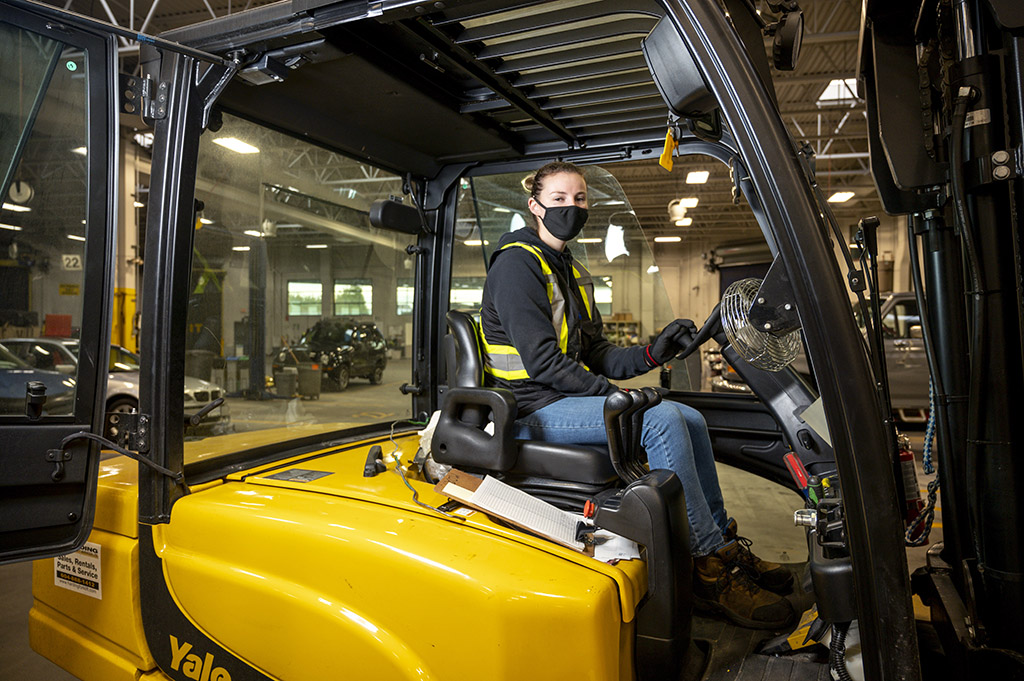
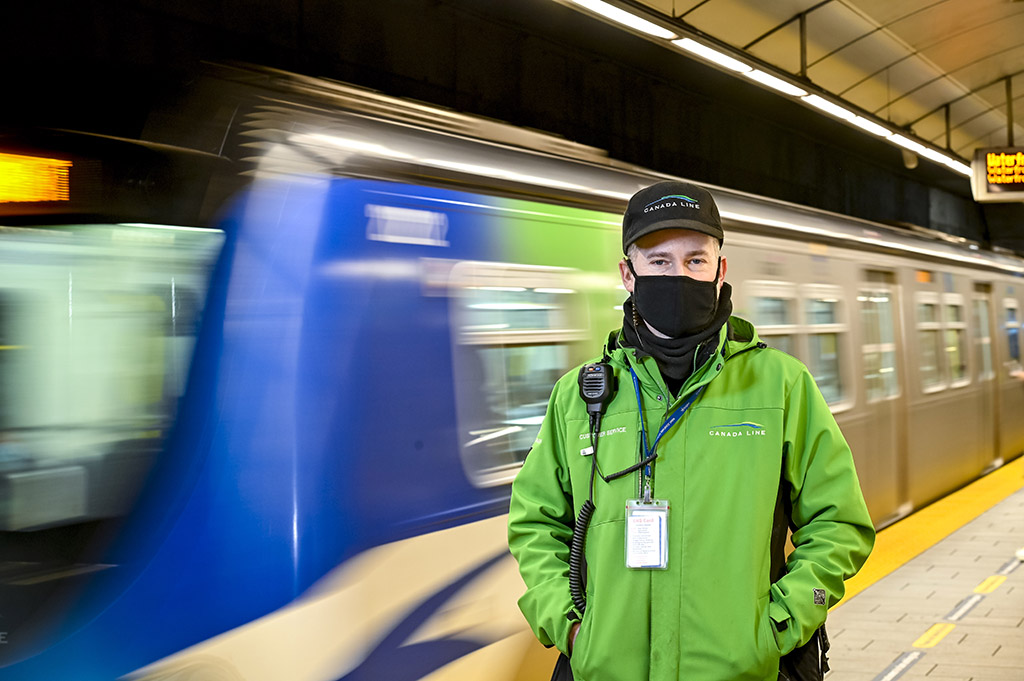
“Many of our members, sadly, saw their industries shut down for prolonged periods of time. Those who were fortunate to work in essential services had to shift from their familiar work environment to a very new reality, whether that meant new guidelines in the office or to a work-from-home setup,” Black continued.
“Our union worked closely with our members and their employers to accommodate and ensure that workers felt safe in their new environments and could continue to do the work they are passionate about and provide critical services the public relies upon. Our members deserve a lot of credit for how quickly they managed to adjust to their new environments, keeping themselves and those around them safe.”
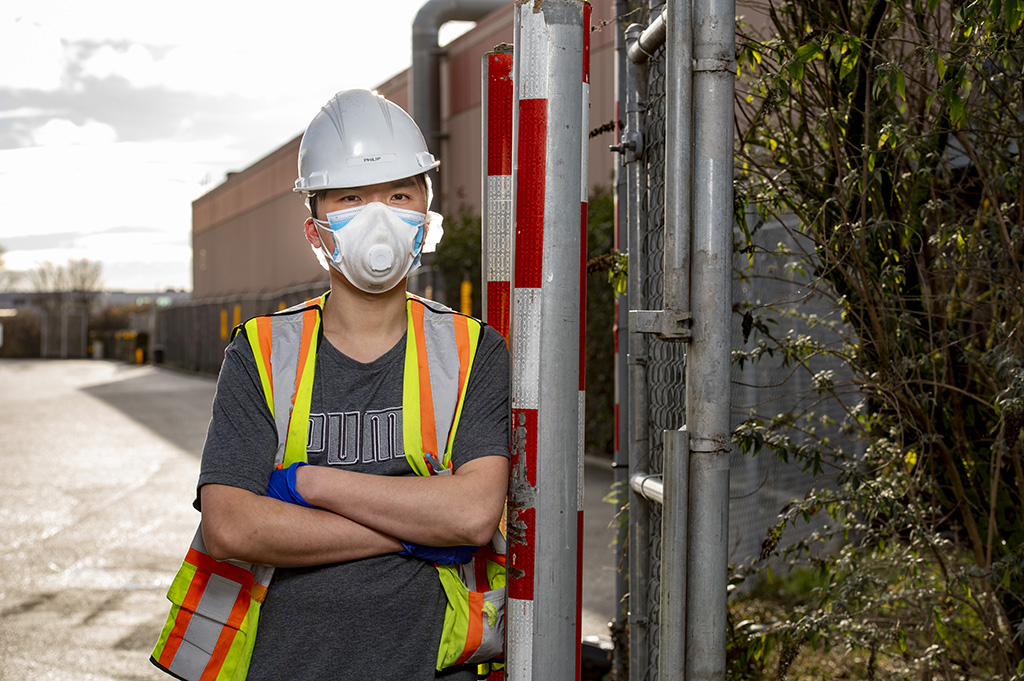
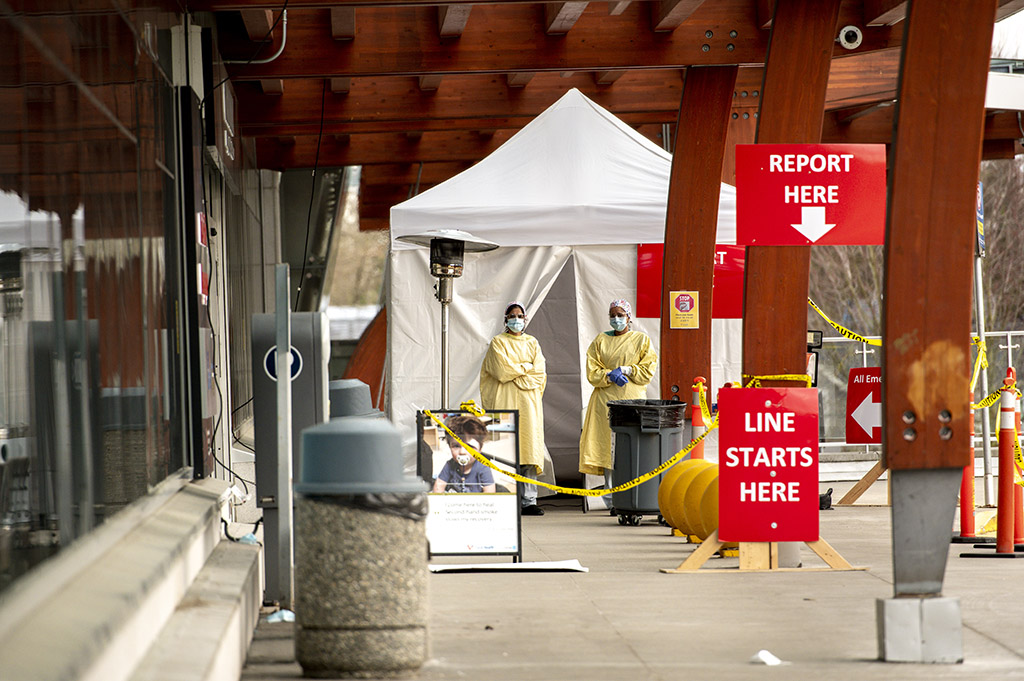
But of course, many workers stayed at their posts, their efforts deemed essential to keep society from grinding to a halt.
“Collecting garbage, keeping the water running, staffing hospitals, sanitizing schools and driving buses. CUPE members have shown up every day of this pandemic,” said Hancock of the Canadian Union of Public Employees.
“We have played an outsized role during the COVID crisis in keeping our communities healthy, clean and safe. I could not be more proud of our members.”
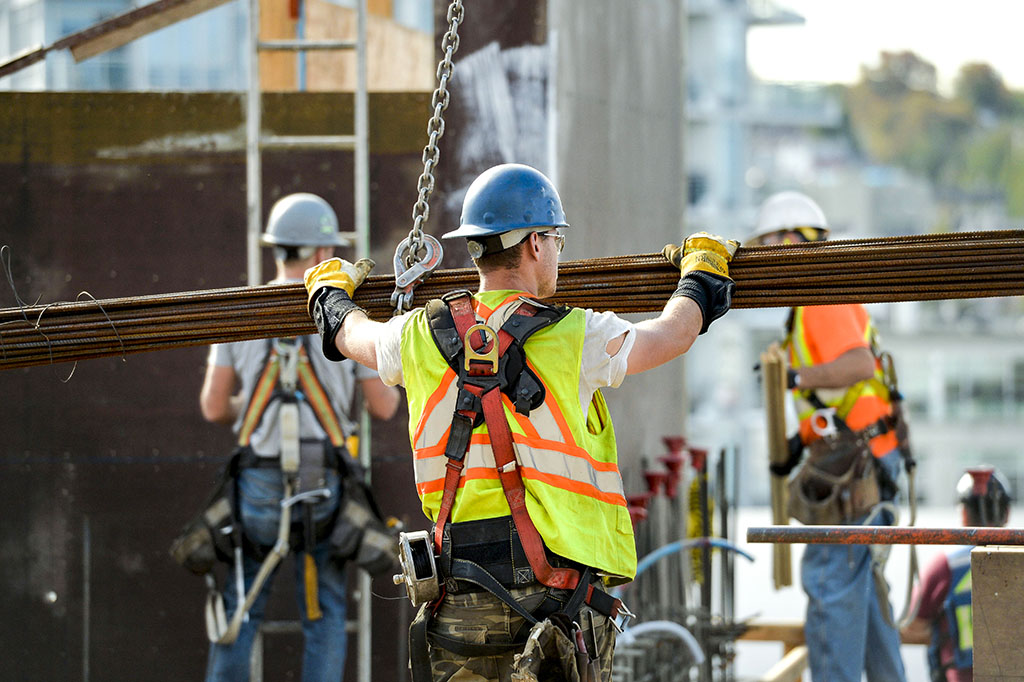
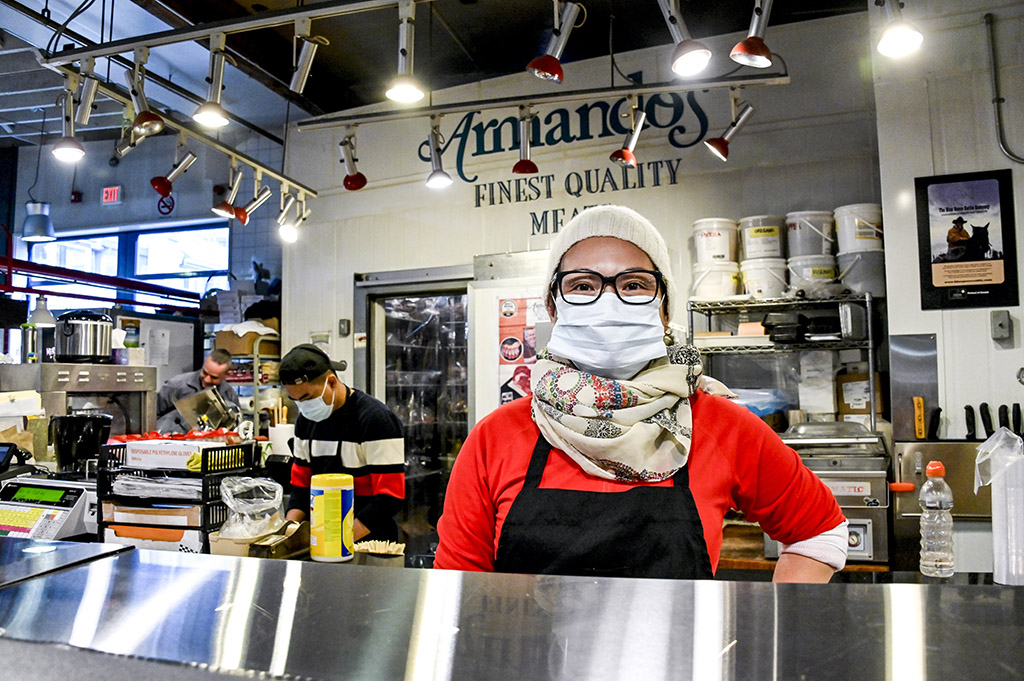
As the virus has upped anxieties and many resist even basic public health measures such as wearing a mask, frontline workers often bear the brunt. As UFCW 1518 president Kim Novak said in an accompanying Tyee interview today, union members doing their jobs “not only dealt with an increased risk of COVID exposure, they dealt with angry customers, anti-maskers and now anti-vaxxers. They never signed up for that, and it’s completely unacceptable that they should have to deal with that kind of behaviour.”
“Workers are getting B.C. through the pandemic, we’re driving the recovery — and a lot of us have paid a heavy price along the way,” said Sussanne Skidmore, secretary-treasurer of the BC Federation of Labour, an umbrella organization for 500,000 unionized workers in the province. “But where we’ve had unions, workers have been safer, better paid and better able to weather the storm. No wonder there’s such a surge in organizing. We’re stronger when we stand together.”
Looking to join a union? Here is a good starting place.
Joshua Berson is a member of UFCW 1518 and Unifor 780G. In a past life, he was an HEU member working at the VGH laundry. ![]()
[Top photo: Megan Lawrence is an ambulance paramedic in Vancouver. All photos by Joshua Berson.]